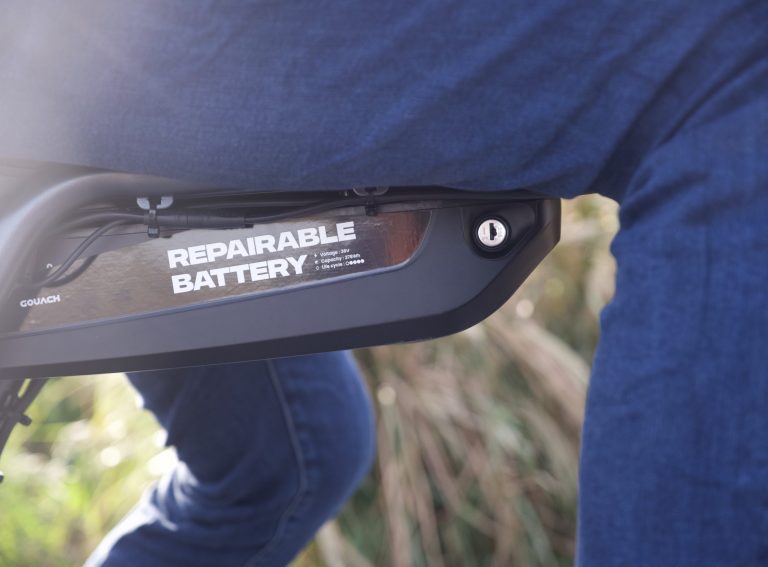When cities choose operators, each of their requirements are given a weighting, designed to help local authorities select the operator best placed to deliver on their priorities.
Lime recently withdrew from the Essex e-scooter tender in the UK because 30% of the weight of the decision was based on a revenue share requirement.
Hal Stevenson, Director of Policy UK and Ireland, tells Zag Daily: “What we’ve seen in the UK in the last six to 12 months is an increasing trend in revenue share requirements of tenders by which local authorities require operators to split the revenue they generate from the service. It results in a financially negative cycle for operators.”
Lime is currently the only profitable micromobility operator in the UK, a fact that speaks to the challenges of operating shared micromobility.
Tenders explained
When a local authority decides to work with shared micromobility operators, it releases a tender outlining its specific requirements.
This is a competitive process to award the service to one or multiple providers. Financial agreements between cities and operators generally take two forms: a flat annual fee or revenue share agreement.
Stevenson explains that flat fees for service operation allow operators to accurately forecast their income and reinvest it in service improvements.
“Revenue share agreements can be workable in some markets where we see very high usage, but what is concerning is that these revenue share requirements are being applied in markets where they’re not financially viable.”
Lime has not only withdrawn from the Essex tender, but also Western England Combined Authority and others in the past 12 months.
“A service the size of Essex is not going to be able to be financially viable if you’re having to share significant levels of revenue with the local authority,” Stevenson says.
Consequences for the end user
“Local authorities are subject to ongoing funding shortages as they work to meet the needs of their local residents. We work in close partnership with them all over the UK, so we understand what they are up against and the important work they deliver.
“The key thing for us is that we work together, and when choosing to launch a micromobility scheme they are careful they don’t compromise the overall viability, and the benefits they deliver.”
Besides revenue share agreements creating difficult financial conditions for operators, he argues that they damage an operator’s quality and long term sustainability impact. He says that cities need more bikes and more shared transport to deliver on their active and sustainable travel goals.
Stevenson goes on to list the benefits shared e-scooters and bikes are bringing to cities: “We are already delivering wins for the city by getting people out of cars, improving air quality, and reducing congestion.
“If you have to share a significant amount of revenue with the local authority, you’re not going to be able to run it or maintain it in the way needed to deliver the usage to maintain its financial viability, but also to deliver the sustainability benefits that local authorities and providers want to see.”
The impact will be not only on the service for the end user but it will also leave operators lacking financial stability out of business.
What it means for the UK micromobility industry
The trend is exacerbated by wider issues in the micromobility industry. VC funding has stalled, putting the importance of profitability at an all-time high.
“Before, a local authority would say, ‘jump’ and all the operators would say ‘how high’. We’re now in a position where how high operators can jump is based on their financial security and their ability to run profitable operations, as opposed to the availability of venture capital money.”
Stevenson explains that now is time to realign expectations with operational and financial realities.
“Shared micromobility has very small margins. If Lime remains the only profitable shared micromobility provider, that is ultimately bad for cities’ climate goals.
“Service agreements must be set up in a way that is financially sustainable. Otherwise, there will be too much industry consolidation and the operators cities and towns rely on won’t be around to meet the demand.”





